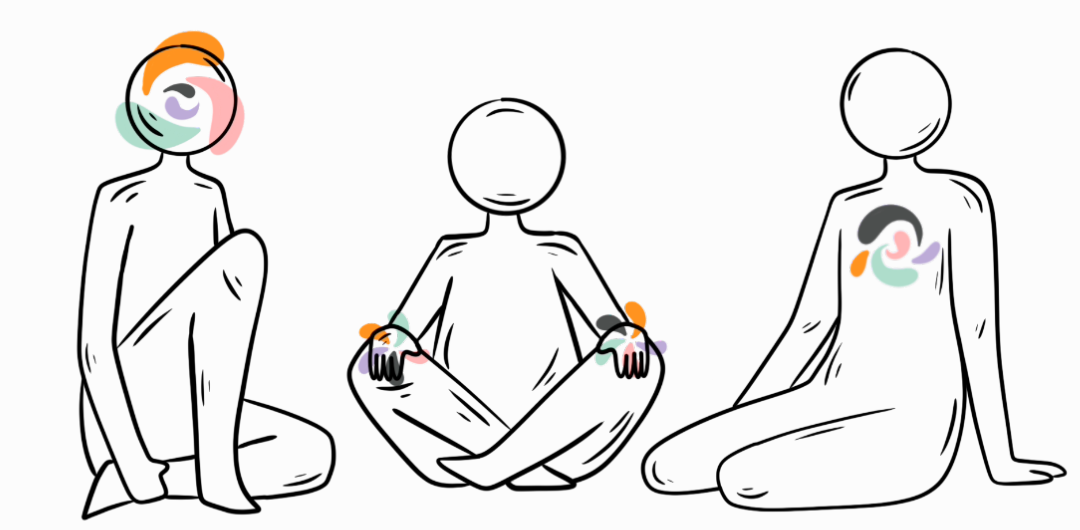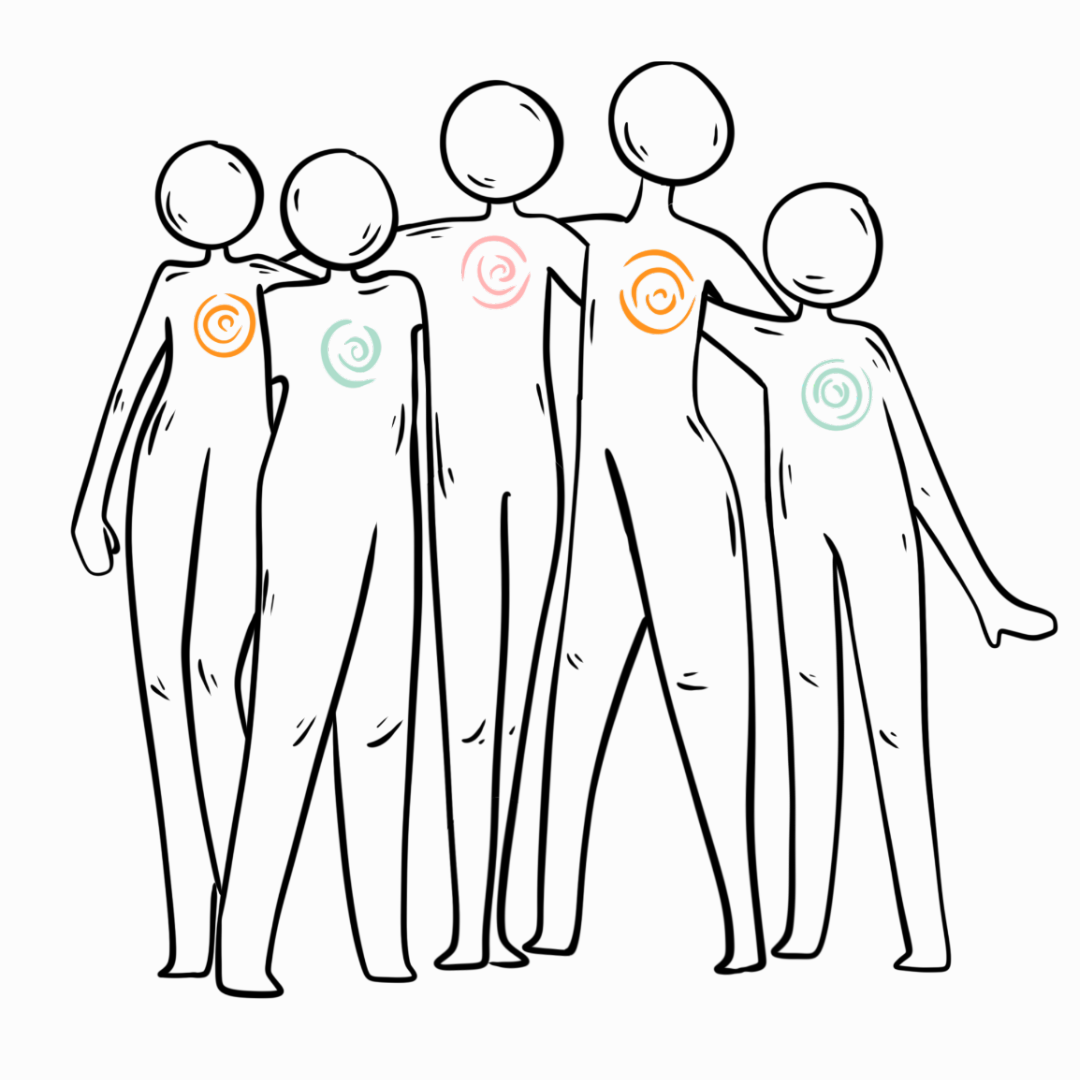
In the global spotlight: Khuluma mentor delivers insightful presentation at International Workshop on HIV & Adolescence
In October 2023, Given Monama presented research conducted by Khuluma Mentors on the challenges faced by adolescents living with HIV in low-income settings in South Africa, and proposed participant-centred solutions to the HIV treatment gap.
Published on Oct 24, 2023
In the global spotlight: Khuluma mentor delivers insightful presentation at International Workshop on HIV & Adolescence
In October 2023, Given Monama presented research conducted by Khuluma Mentors on the challenges faced by adolescents living with HIV in low-income settings in South Africa, and proposed participant-centred solutions to the HIV treatment gap.
Published on Oct 24, 2023

Young people living with HIV face a series of complex and interrelated challenges, often affecting the success of their treatment. The annual International Workshop on HIV & Adolescence brings a diverse group of stakeholders together to understand these challenges. This year, the Workshop was held in Lusaka, Zambia, and its focus was ‘Out of the Box SRHR and HIV Innovation for, with, and by Adolescents’.
Khuluma Mentor Given Monama’s presentation showcased the findings of an ethnographic study about the ever-changing issues young people living with HIV face today, embodying this year’s focus on adolescent agency and leadership.

The research: young people living with HIV face intersecting issues
The research was co-designed and conducted by six mentors of the Khuluma programme, including Given.
The research explored a range of intersecting issues affecting young people living with HIV – LGBTQIA+ concerns, the relationship between HIV and substance abuse, its interaction with overall health and the impact of communities on the wellbeing of adolescents.
The study found that a significant number of young people face serious mental health challenges, aggravated by social and structural factors outside of their HIV status. For many young people living with HIV, the transition from adolescence to adulthood has detrimental effects on their mental health – not least because healthcare providers often become less sympathetic to their status.
Mentors also observed that many young people resort to substance abuse as a coping mechanism for the mental health effects of living with HIV and encountering stigma in their homes, communities and healthcare facilities. Crucially, this has a direct negative effect on the success of antiretroviral treatment (ART).
The study concluded that the provision of safe spaces of care – healthcare facilities, homes and communities – is key to the health and wellbeing of all adolescents living with HIV. Ultimately, it found that the voices of young people must be at the centre in research and policy that concerns them.

Learn more about the mentors’ first-hand experience of conducting research in their community
Khuluma is a project run by the SHM Foundation’s Zumbido Health, providing critical tech-enabled support for young people living with HIV in low-income settings in Pretoria, South Africa. In the past 10 years, the Khuluma Mentors programme has developed alongside it: a ‘train the trainer’ model in which young people who have received support from Khuluma go on to provide mentoring for other young people living with HIV. Mentors continue to receive psychological and financial support from Khuluma, as well as opportunities to conduct research with academic partners.
In 2022, six of these Mentors returned to their community to understand the ever-changing issues young people living with HIV experience today – and identify the solutions to these challenges. And now, this research has been shared with people working with HIV and adolescents across the world.
The experience of conducting research first hand was highly valuable for the Mentors, says Given. As he puts it, the process gave the mentors “that ability to look beyond the naked eye.” Ethnographic analysis requires meticulous attention to human behaviour –– tone, attitude, facial expression and body language. For several of the Mentors, this was their first chance to conduct research and build invaluable skills for their academic careers.

‘My WhatsApp hasn’t stopped’: Given shares his experience
For Given, presenting this research at the Workshop was eye-opening. The conference was truly international, showcasing different cultures and approaches. But many of the issues touched on by panellists were undercut by similar social and systemic barriers – and more importantly, presented themselves to mutually beneficial solutions. As Given put it, after one panellist had presented, the next one simply picked up where they had left off – “it felt like a book flowing from one chapter to the next.”
The Workshop was an invaluable opportunity to connect with organisations hungry for new approaches and innovative outlooks. “I came back on Friday, and since Monday I’ve been getting back to people,” says Given; “My WhatsApp hasn’t stopped!”
Khuluma’s approach to mental health support can provide a framework for many organisations seeking to cater to the health and wellbeing needs of young people living with HIV. By centring the voices of their participants – who are experts by experience of their condition – Khuluma allows them to thrive, not just survive.


Contact Us

Have a challenge you think we could help with? A project you'd like us to collaborate on?
Just want to say hi? Reach out - we love meeting new people